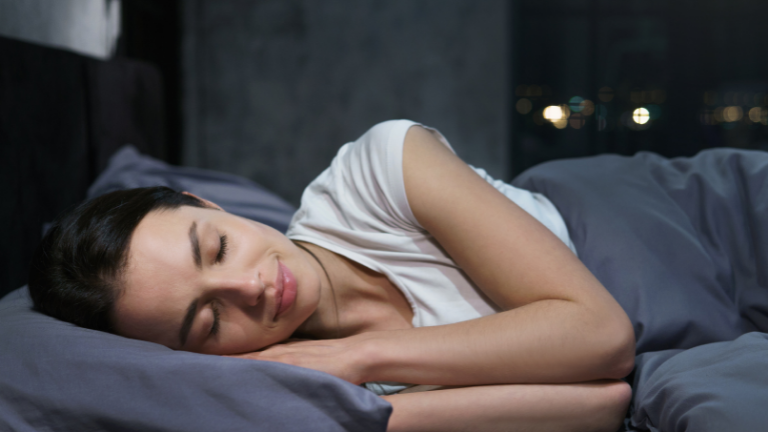
How to wake up feeling fresh
Especially as the colder weather sets in, waking up and springing out of bed feeling fresh and ready to tackle the day, can sometimes be difficult. Even after you’ve had a full 7-9 hours sleep, why is it that you sometime wake feeling fatigued and “hungover” (when you haven’t even had a drink)?
A good night’s sleep is just as important as regular exercise and a healthy diet. In fact, research shows that poor sleep has immediate negative effects on your hormones, exercise performance, and brain function – it can also lead to weight gain and increase disease risk in both adults and children
In contrast, good sleep can help you eat less, exercise better, and be healthier
Here are a few tips on how to prepare for a good night’s sleep that will have you feeling more energetic and alert in the morning:
- HYDRATION + DIET – sounds obvious, but make sure you’ve had plenty of water to drink during the day. We suggest against downing a large amount of water right before bed to reach your daily goal, as you’ll be up repeatedly through the night to visit the bathroom, which will in turn disturb your sleep. Drinking caffeine and alcohol in the evening can also have a negative effect on the quality of your sleep, as can suffering from indigestion or heartburn caused by eating a heavy, rich meal late in the evening.
- EXERCISE – Although strenuous exercise may have you feeling sore and stiff the next day, light or moderate exercise during the day has be linked to better sleep. However, don’t exercise too late in the day, as it may cause sleep problems, due to the stimulatory effect of exercise, which increases alertness and hormones like epinephrine and adrenaline.
- LIGHT – It’s quite simple: more natural sunlight or bright light during the day helps keep your circadian rhythm healthy. This improves daytime energy, as well as nighttime sleep quality and duration. On the flip side – reduce exposure to blue light (TV screens, computers, tablets and smart phones) at least one to two hour before bedtime. This blue light tricks your body into thinking it’s daytime, making it more difficult to fall asleep.
- RELAXATION – Everyone has their own favourite way to relax – strategies may include reading your favourite book, listening to relaxing music, taking a warm shower or bath, meditating, deep breathing, and visualisation. You may also like to consider having a relaxing herbal tea (without caffeine), or trying supplements like melatonin, ginkgo, magnesium and lavender which have all been linked to aiding in relaxation.
- YOUR ENVIRONMENT : The bedroom environment is a key factor in getting a good night’s sleep. Try to minimise external noise, light, and artificial lights from devices like alarm clocks. Make sure your bedroom is a quiet, relaxing, clean, and enjoyable place. Ideally, your room temperature should be around 18 degrees (plus or minus depending on your preference), to help regulate your body temperature. Importantly, ensure you have a good quality mattress and pillow to support your body. Mattresses that are too soft or too hard may lead to a host of aches and pains when you wake in the morning.
Related Articles: Guide to a good night’s sleep

No Comments